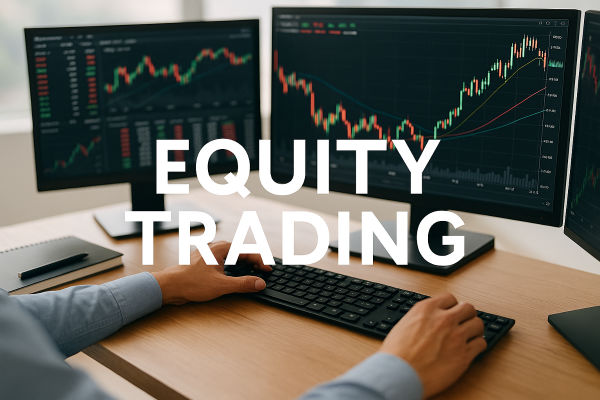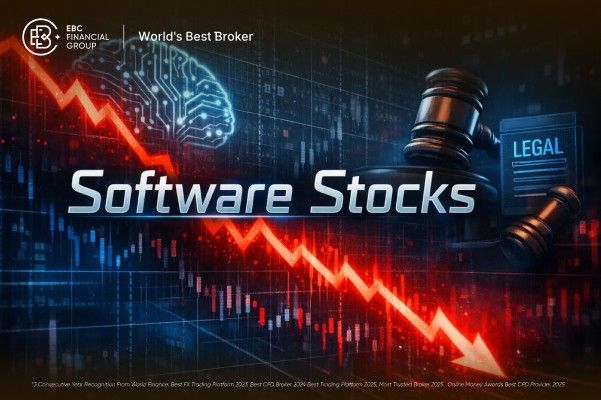Understand Futures Arbitrage
Futures arbitrage refers to the trading behavior of using the price difference changes between relevant markets or contracts to trade in opposite directions in the relevant markets or contracts, in order to profit from favorable changes in the price difference. If arbitrage occurs by utilizing the price difference between the futures market and the spot market, it is called spot arbitrage.
If arbitrage occurs using the price difference between different contracts in the futures market, it is called spread trading.

How many Futures Arbitrage Strategies are there?
Here are three strategies for futures arbitrage:
1、 Cash Arbitrage
Futures arbitrage refers to the reverse operation of spot and futures for arbitrage, which is common in interest rate futures and stock index futures markets. Arbitrageurs will buy or sell commodities in the spot market, while selling or buying a certain futures contract of the same underlying asset on the same scale in the futures market, and closing their positions at the same time in the future. In reality, due to the long time required for buying and selling constituent stocks and the constantly changing market conditions, most people use computer programs for automatic trading in practical operations. Once the parity relationship between the spot index and futures is broken, the computer will carry out relevant arbitrage trading according to the pre designed program.
2、 Cross Period Arbitrage
In general, cross period arbitrage is carried out between futures of the same futures variety with different maturities. Specifically, it refers to the trade of buying or selling a shorter term financial futures, while also selling or buying another longer term financial futures with the same underlying asset. The two futures are simultaneously hedged and closed at or before the expiration of the shorter term financial futures contract. There are relatively few restrictions on cross period arbitrage compared to spot arbitrage. At the same time, there is no restriction on short selling in cross period arbitrage, and it is conducted in the same market.
3、 Cross Market Arbitrage
In general, cross market arbitrage is carried out in the futures market, and is more commonly used in currency futures.
How should arbitrage be carried out? When the price difference between two types of futures is significantly higher than the normal range, buy futures that should have been low in price and sell futures that should have been high at the same time. If the equivalent difference returns to normal, profits can be made; When the price difference between the two futures is significantly lower than the normal range, the opposite operation is carried out.
【 EBC Platform Risk Reminder and Disclaimer 】: There are risks in the market, and investment needs to be cautious. This article does not constitute investment advice.

























